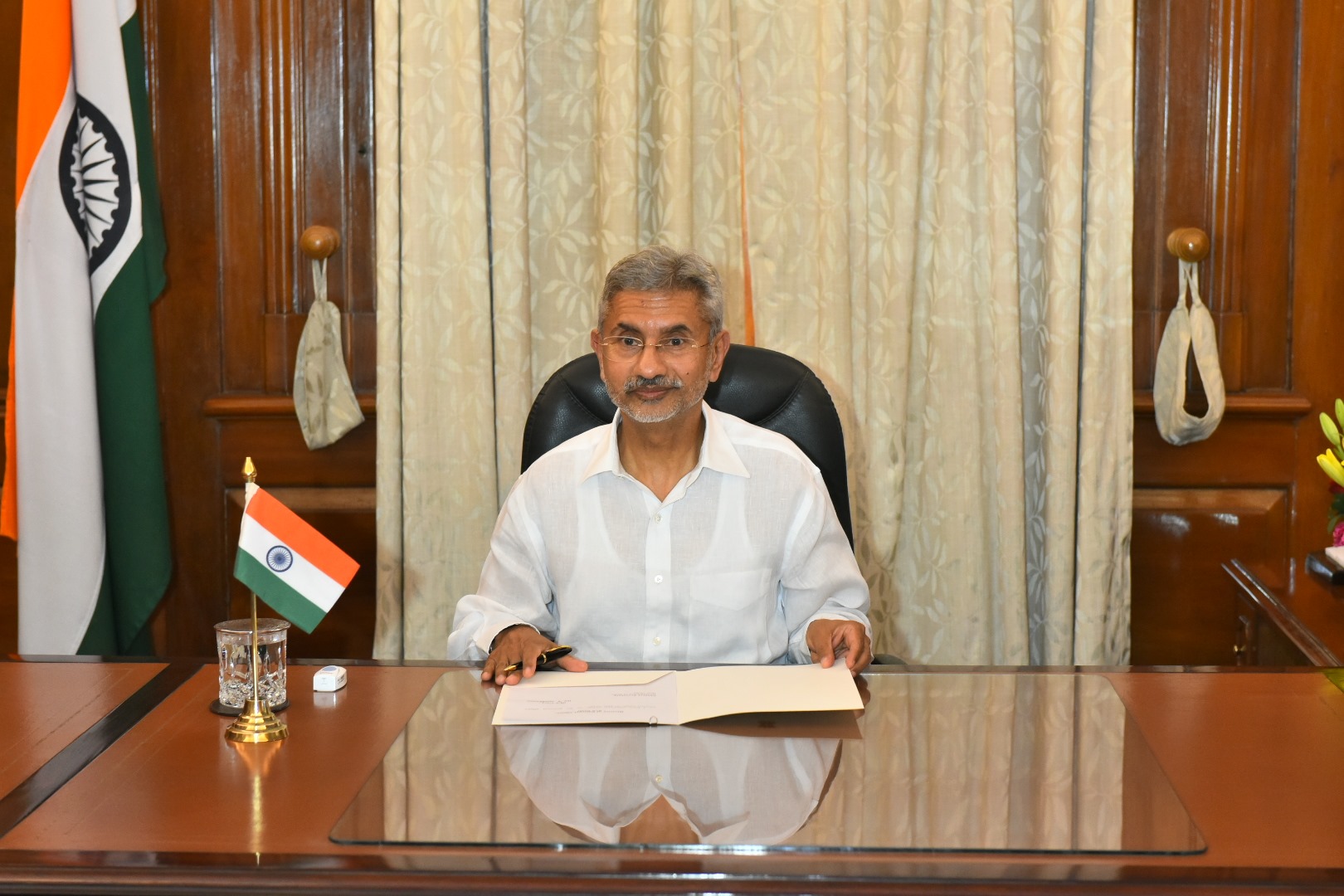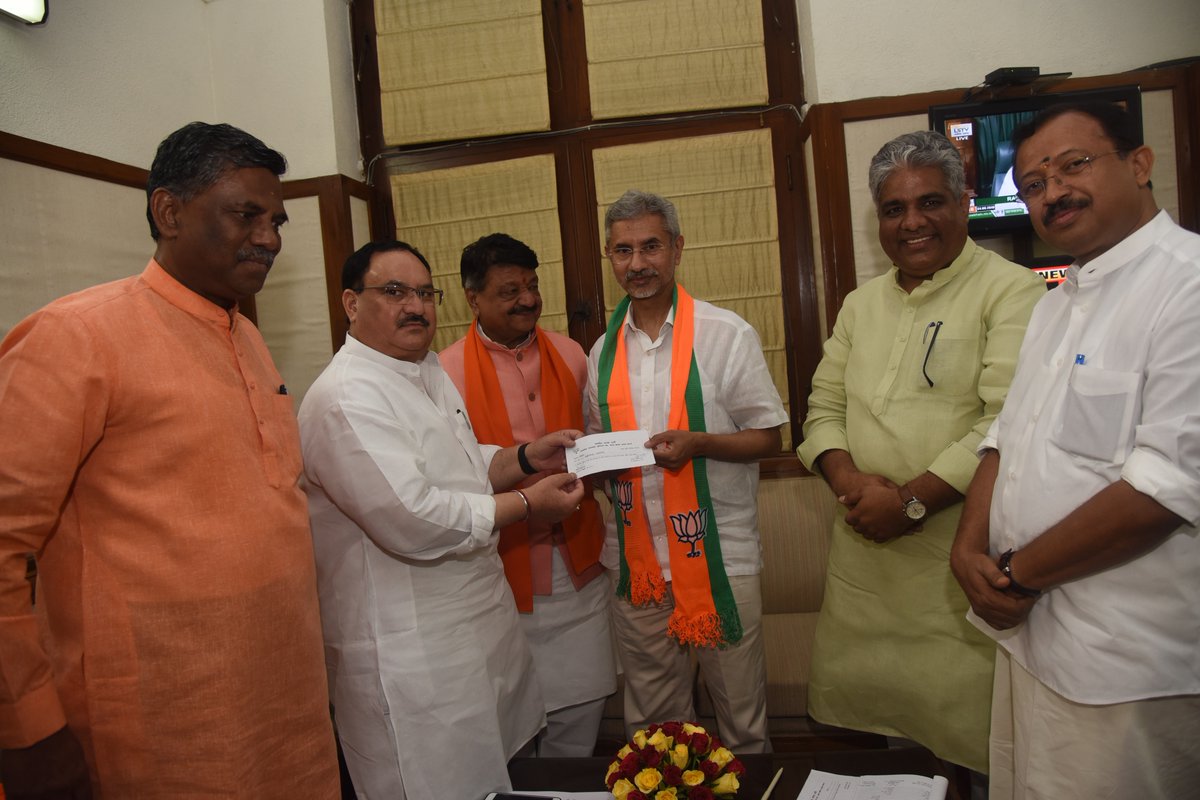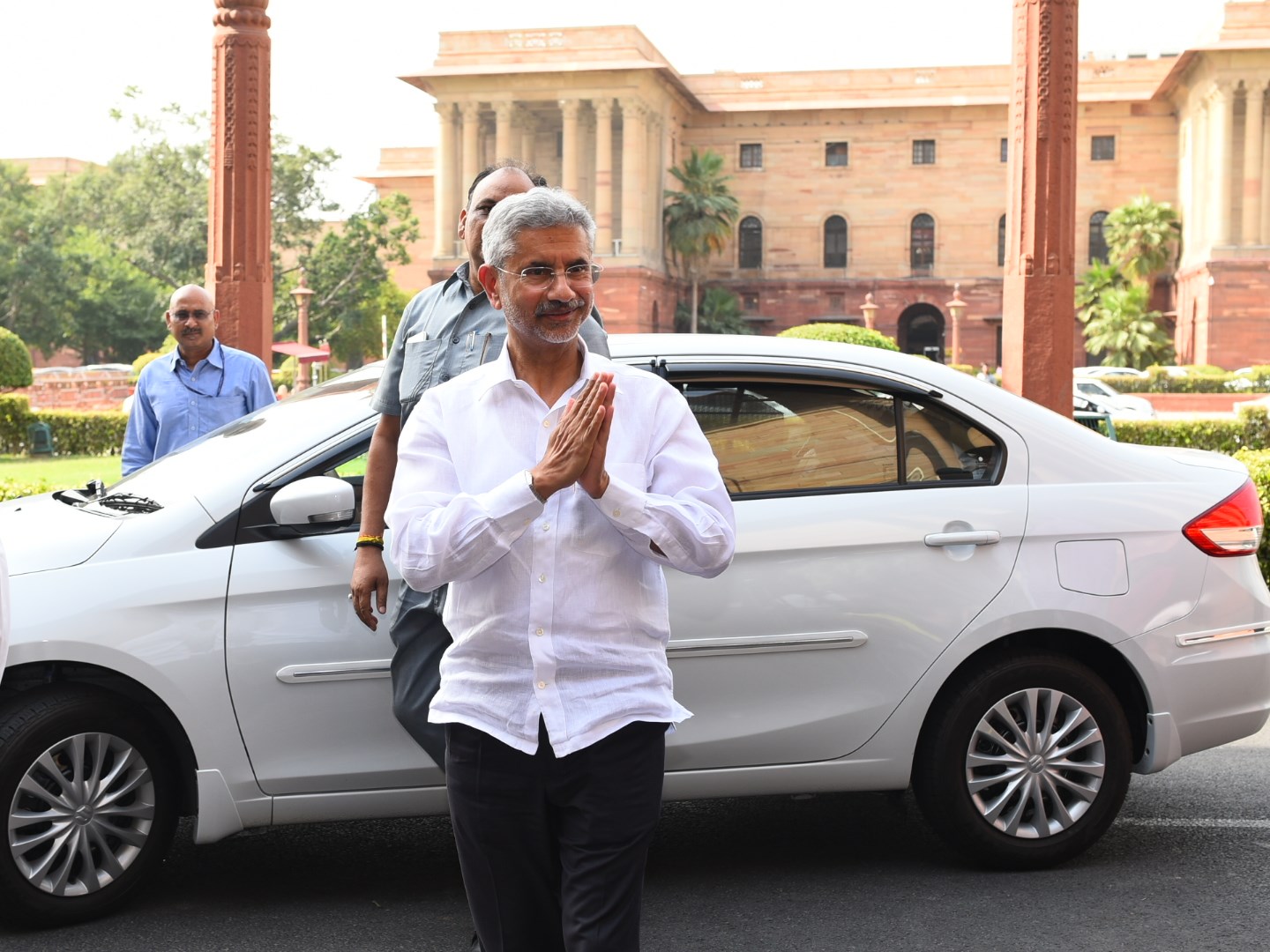The recent appointment of former career diplomat Dr. S. Jaishankar as India’s Foreign Minister – a cabinet rank – is a bold and unprecedented step by Prime Minister Narendra Modi.
Earlier, as India’s ambassador to the United States and Foreign Secretary, Jaishankar has contributed a great deal in Modi’s successful foreign policy track record during his first term as Prime Minister.
Modi had gradually developed full confidence in Jaishankar. When he visited China in 2012 as Gujarat’s Chief Minister, Jaishankar had organised Modi’s meetings with senior Chinese authorities. Later, when Modi as Prime Minister went to the US, Jaishankar as India’s Ambassador to that country helped in organizing a mammoth meeting of Indians at Madison Square Garden in New York.
This unprecedented meeting was a precursor to Modi’s subsequent pattern to address meetings of Indians in the countries he has been visiting. This practice has cemented Modi’s strong relationship with Indians abroad, many of whom turn up in India to campaign for him whenever he is involved in elections.
Jaishankar’s contribution for the US-India Nuclear Deal during his term as India’s Ambassador to the US was quite noteworthy. As Foreign Secretary, he, along with National Security Advisor Ajit Doval and the then India’s Ambassador to China, Vijay Gokhale, had worked hard to calm down the explosive situation at Doklam in 2017. But for their successful efforts under the leadership of Modi, the situation could have led into a war as threatened by China.
Important issues for Jaishankar in his term as Foreign Minister:
1. As the US is having annual trade deficit of about US$23 billion with India, it is pressing India to lower tariffs on several items of US exports. It is hoped that with his US contacts established during his tenure as India’s ambassador and later as Foreign Secretary, Jaishankar can help in sorting out trade issues with that country with the maximum possible benefit for India.
2. The US has threatened to impose sanctions on India if the latter goes ahead with its deal to import S-400 air defence missile system from Russia. Jaishankar will have to see to it that India can stick to its deal with Russia as it has been a reliable ally and a major supplier of defence equipment to India since a very long time. This will require India to convince the US to exempt India from the mandatory sanctions.
3. China has been steadily trying to dominate South China Sea through which the world’s major commercial shipping is taking place. As the US and India have synergy of views regarding the Indo-Pacific region, including free navigation through the South China Sea for all the countries, India will need to pursue this policy without annoying their neighbour China too much.
In conclusion, the exceptional expertise of Jaishankar in foreign affairs, including his practical experience with the US and China, and National Security Advisor Ajit Doval’s remarkable experience about Pakistan and security matters, will be assets for the achievement of Prime Minister Modi’s declared objective of making India a leading power in the world.





